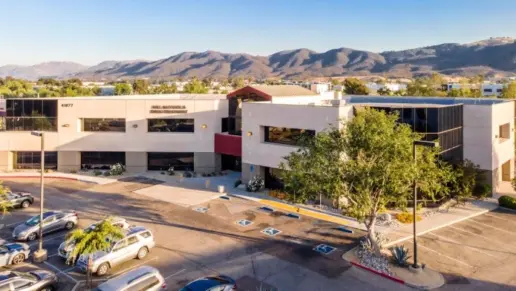About Aegis Treatment Centers Redlands
Aegis Treatment Centers provides outpatient drug treatment in Redlands, California. They offer an evidence based curriculum. Staff help you learn relapse prevention skills. They will also teach you healthy ways to cope with stress. Medicaid and Medicare are accepted.
Medication assisted treatment is provided. Telehealth intake is available for Suboxone patients only. Their counseling services are available in person and via telehealth. They offer specific groups based on culture and gender. They also offer services for pregnant patients.
Previous patients have loved the staff. They claim the counselors are great and so is the nursing staff. They seem to be great at getting patients in and out in a timely manner, when it comes to getting their medication. Times may vary and not always reflect what is posted.
Latest Reviews
Rehab Score
Gallery
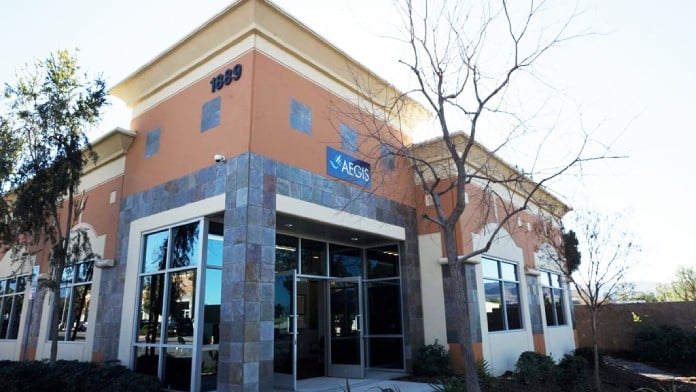
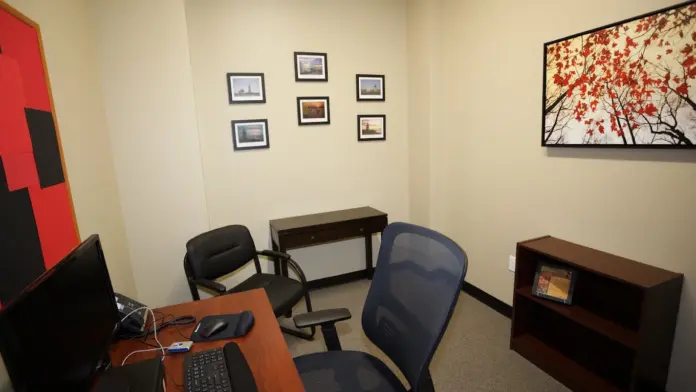
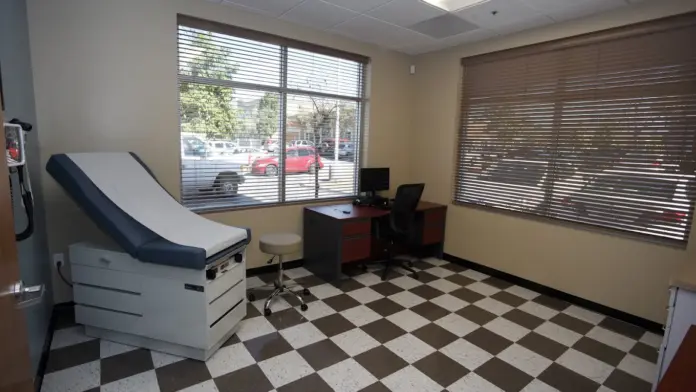
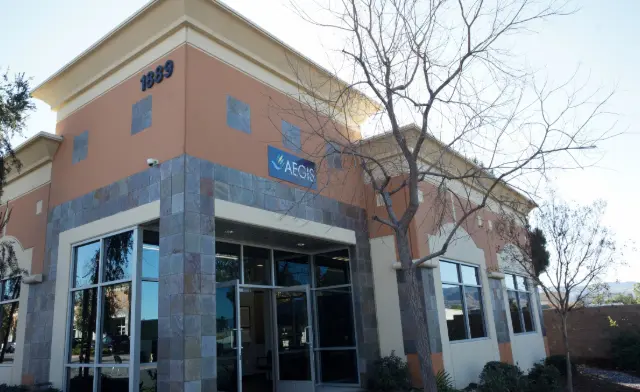
Location
Other Forms of Payment
Private insurance refers to any kind of healthcare coverage that isn't from the state or federal government. This includes individual and family plans offered by an employer or purchased from the Insurance Marketplace. Every plan will have different requirements and out of pocket costs so be sure to get the full details before you start treatment.
Self-pay involves paying for treatment out of your own pocket. You can use savings or credit, get a personal loan, or receive help from family and friends to fund your treatment. If you don't have insurance or your insurance plan doesn't cover a specific program, self-pay can help ensure you still get the care you need.
Medicaid is a state based program that helps lower-income individuals and families pay for healthcare. Medicaid covers addiction treatment so those enrolled can use their coverage to pay for rehab. When a program accepts Medicaid the client often pays very little or nothing out of their own pocket.
Military members, veterans, and eligible dependents have access to specific insurance programs that help them get the care they need. TRICARE and VA insurance can help you access low cost or no cost addiction and mental health treatment. Programs that accept military insurance often have targeted treatment focused on the unique challenges military members, veterans, and their families face.
Addiction Treatments
Levels of Care
Programs

Clinical Services
Individual therapy for drug addiction includes a customized treatment plan that considers your history and life circumstances. During your therapy sessions, the therapist helps you uncover underlying issues and triggers for addictive behavior that support a holistic approach to recovery.
Contact Information
1889 W Redlands Blvd
Building 9
Redlands, CA 92373


